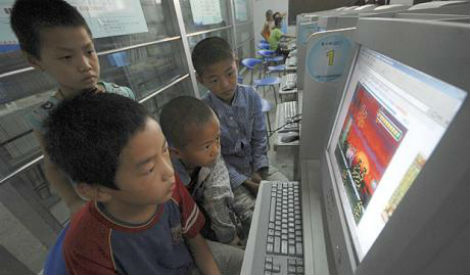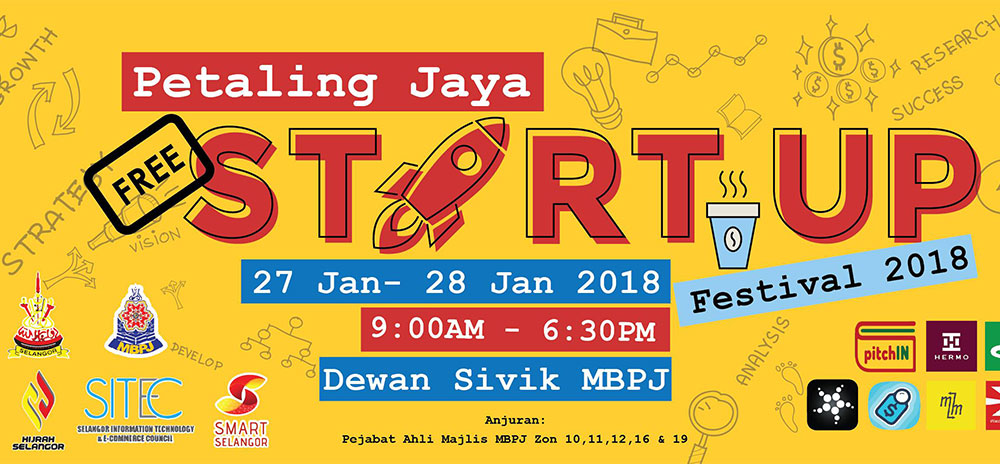LETTER | FinTech was originally defined as technology applied to the back-end of established consumer and trade financial institutions. It has now expanded to include any technological innovation in the financial sector. These include innovations in financial literacy and education (expenses-tracking apps like Wally), retail banking (DBS Bank’s use of IBM’s cognitive computing for next-generation customer experience), investments, and cryptocurrencies like bitcoin and its underlying technology, blockchain, which is being explored as a potential solution for trade clearing and settlement.
Some saw FinTech’s emergence as a threat to existing financial services models. Others saw opportunity. DBS and Standard Chartered in Singapore were among the first in Asia to embrace the disruption, taking FinTech startups into their fold by launching incubator and accelerator programmes. Startups would get access to mentorship by senior industry leaders and funding opportunities from private equity and venture capital firms looking for the next big idea.
Malaysia can do better
According to Paul Graham, founder of Y Combinator (which contributed seed capital to major firms such AirBnB and Reddit as well as Klang Valley-based dahmakan), a startup is a company designed to scale very quickly. The intense focus on growth, unconstrained by geography, is what differentiates startups from small businesses. A restaurant in one town isn’t a startup, nor is a franchise.
Startups are not new to Malaysia. However, the local startup scene largely operated in stealth mode until 2014-15. The government remains a heavy driver of initiatives through bodies such as Malaysia Venture Capital Management Bureau (MAVCAP; founded in 2001), Malaysian Global Innovation & Creativity Centre (MaGIC), and Cradle which is incorporated under the Ministry of Finance (MOF). In May 2017, Bank Negara Malaysia announced its FinTech sandbox to explore innovations by companies, albeit within regulatory limits set and supervised by Bank Negara.
Last September, CB Insights reported that Southeast Asian tech companies raised US$ 6.5 billion in disclosed equity funding. In 2016, the figure was US$ 3.1 billion. The marked increase demonstrates the accelerated innovation and success achieved by Asean tech startups. However, Malaysia lagged behind Singapore and Indonesia which reported US$ 3.1 billion and US$ 2.9 billion respectively.
Singapore’s success can be attributed to their startup ecosystem. Corporates have closer ties to the startup community, such as DBS’ Accelerator which is supported by the Internet-of-Things (IoT) firm Nest. This enables startups to understand the latest industry issues (from market players themselves) while pursuing their own cutting-edge solutions.
While the local startup scene has its strengths, we’ve yet to see billion-ringgit successes. Malaysian capital control laws that restrict fundraising via international venture capital have also caused some startups to leave for other countries. A large startup that comes to mind is Grab, who left for Singapore.
Bringing IR4.0 to the grassroots
Much has been said about job opportunities for the youth. The statistics are not pretty. The youth unemployment rate is about 10.7 percent, three times the national rate of 3.1 percent. Worse, as my colleague Yeo Bee Yin wrote recently, there is a mismatch of skills against opportunities.
In a country where Internet penetration is at 76.9 percent and smartphone usage is about 65 percent, we are still struggling to adapt to the fourth industrial revolution, which is characterised by a fusion of technologies that blurs the lines between physical, digital, and biological spheres. Every day, we use apps on our smartphones extensively. Yet we barely know how they come about and the economic opportunities they present for Malaysians.

Last year, coding was added to the national school syllabus. It would be a laudable initiative by the Education Ministry, however adding it now would only widen the urban-rural divide between schools. Many rural schools still haven’t received high-speed internet as promised in the RM4.1 billion 1BestariNet project.
The Internet plays a major role in today’s coding and software development. Instead of lugging around heavy textbooks on C++ and Python, students can use it to access developer message boards, resources and references for troubleshooting. For example, Medium, which was blocked by the Malaysian Communications and Multimedia Commission (MCMC) in 2016, is an excellent resource for both startups and developers.
'Decent jobs, decent wages and decent lives' in the digital age
The first thrust of Pakatan Harapan Youth's manifesto is “decent jobs, decent wages and decent lives”. One of the proposed ways to achieve this is to strengthen the Multimedia Super Corridor (MSC) initiatives that will upskill Malaysian youth so that they can be at the forefront of technologies characteristic of the fourth industrial revolution: artificial intelligence (AI), FinTech, machine learning, big data analytics, the sharing economy, and the Internet of Things (IoT).

However, this initiative should be inclusive for all. That’s why I’ve joined hands with four other councillors from the Petaling Jaya City Council (MBPJ) to organise the inaugural Petaling Jaya Startup Festival. While PJ is a relatively affluent city, it also houses many economic migrants from other states. The PJ Startup Festival is a grassroots event that aims to expose the wider community to the startup ecosystem while providing aspiring entrepreneurs with a venue to meet established players and gain insights from various panel discussions and presentations, all without cost.
I would like to see Malaysia charting our own course within the global startup community by becoming a model for developing countries. Some practices by developed countries may not apply to us due to differences in infrastructural and institutional strengths. Through this festival, Malaysian startups can also tap further into the potential of our rural, women and religious communities to solve long-standing community issues.
The question for the next government is how it balances the level of government intervention, letting the industry grow more organically through bringing corporates, institutions, various industry associations and the startup community together.
The PJ Startup Festival will take place this weekend on the 27 and 28 January 2018 at the MBPJ Civic Hall from 9am–6pm. All are welcomed.
LIM YI WEI is political secretary to Tony Pua, MP for Petaling Jaya Utara. She is also a councillor with the Petaling Jaya City Council (MBPJ).

